President Bush on
Tuesday signed into law the Central American Free Trade
Agreement, which aims to reduce trade barriers between the
United States and six Central American countries but
which AIDS activists say could make anti-HIV drugs too
expensive for many poor HIV-positive Central
Americans.
"This is more
than a trade bill," Bush said during a signing
ceremony at the White House. He says the measure will help
protect the Central American countries against
"forces that oppose democracy, seek to limit
economic freedom, and want to drive a wedge between the
United States and the rest of the Americas."
The agreement will include the United States and Costa
Rica, El Salvador, Guatemala, Honduras, Nicaragua, and
the Dominican Republic.
But health care
advocates and AIDS activists say the agreement will make
it difficult for the Central American nations to break
patents on U.S.-made anti-HIV drugs and manufacture or
purchase cheaper generic equivalents. This could
severely limit access to anti-HIV treatment, activists
say, noting that in Guatemala, for example, the annual cost
of antiretroviral therapy could rise from about $400
to $10,000 if only brand-name drugs could be
manufactured or purchased.
"For patients
currently on treatment in Central America, CAFTA means
a 15-fold increase in the cost of their medications,"
AIDS Healthcare Foundation president Michael Weinstein
said in a press release.
CAFTA also would
require generic-drug makers to redo clinical trials to
obtain marketing approval and force generic-drug companies
to hold off on using clinical trial results for copies
of brand-name drugs for at least five years, which
AIDS activists say essentially creates patent-like
protections where none existed before.














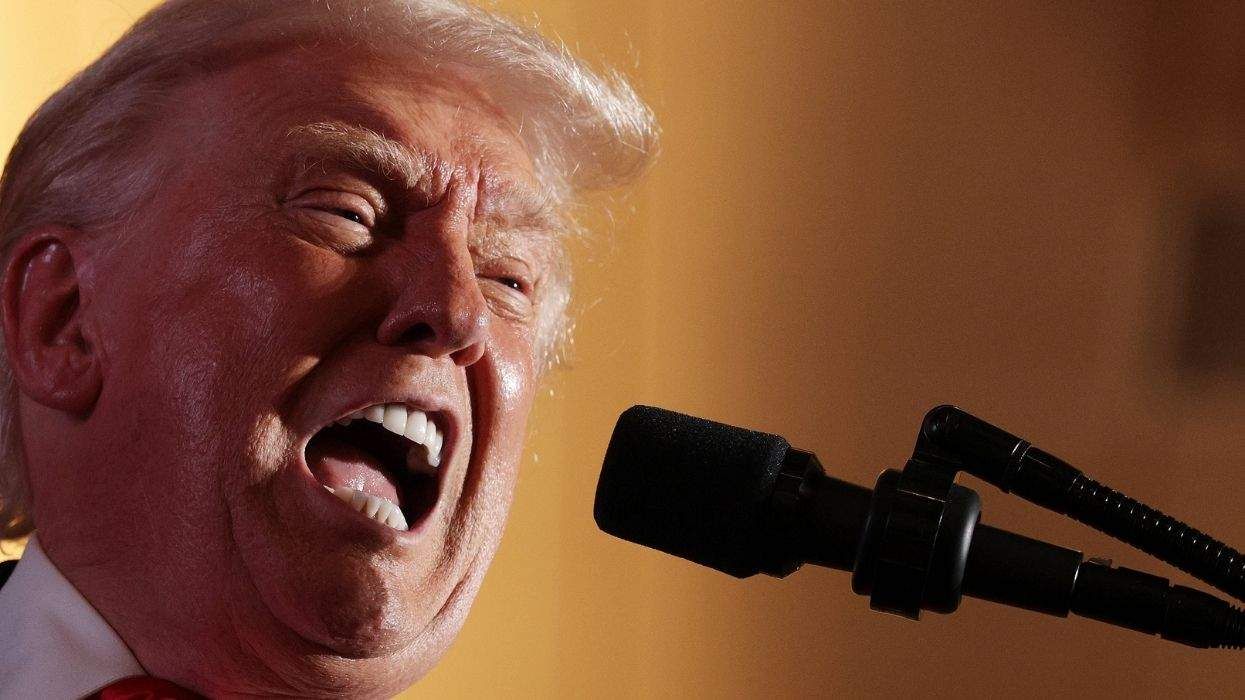


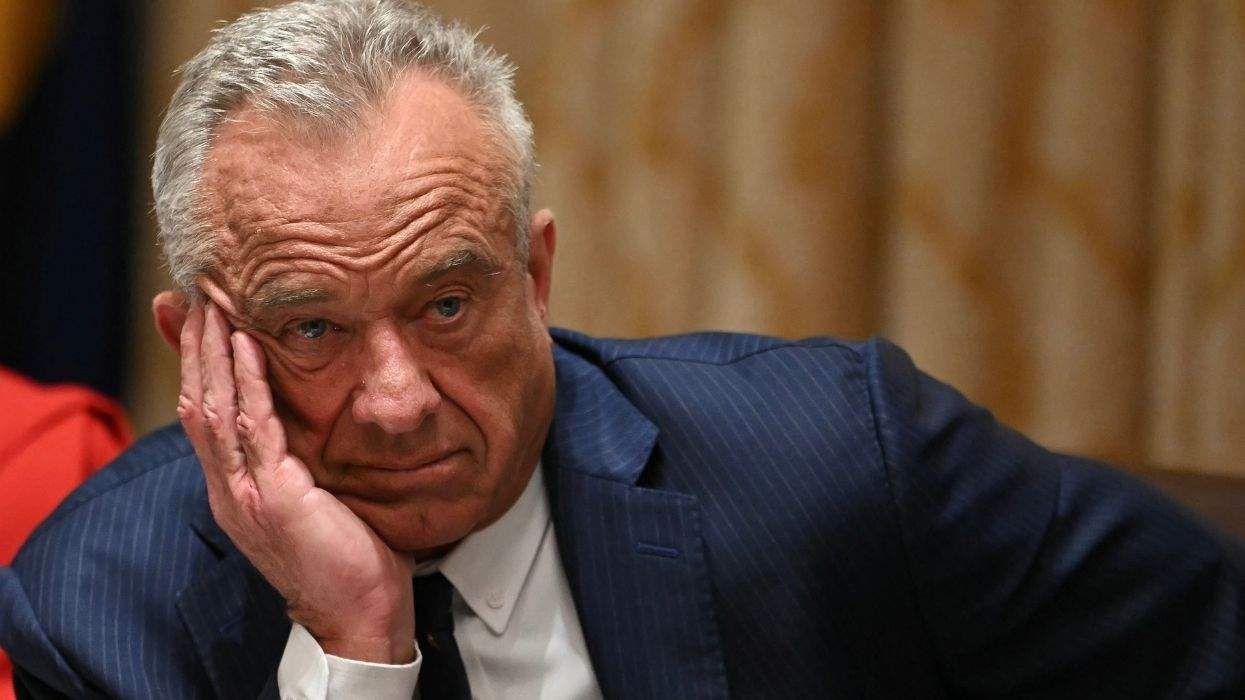
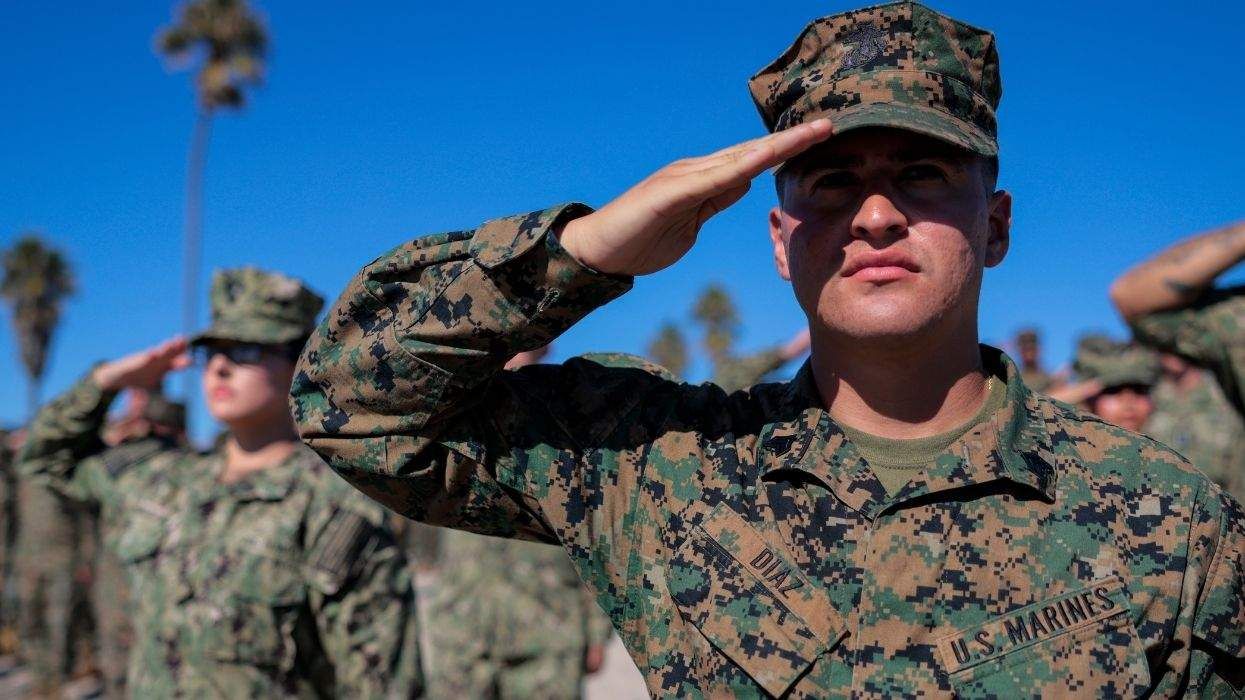
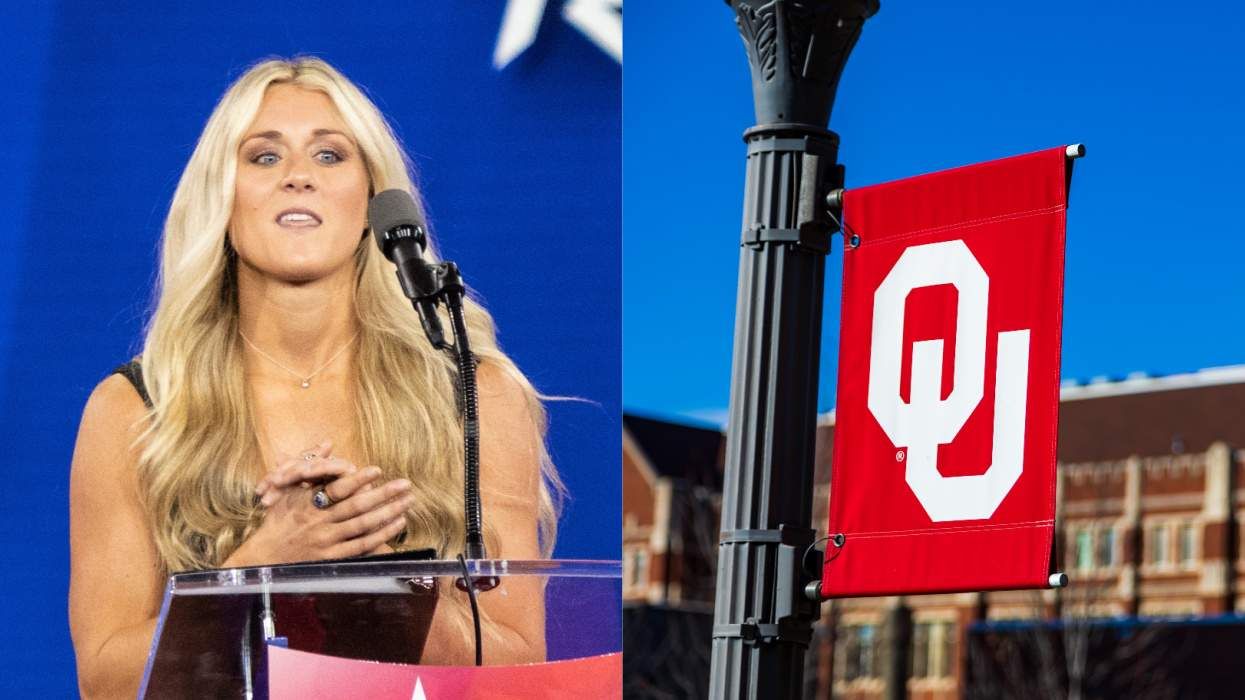



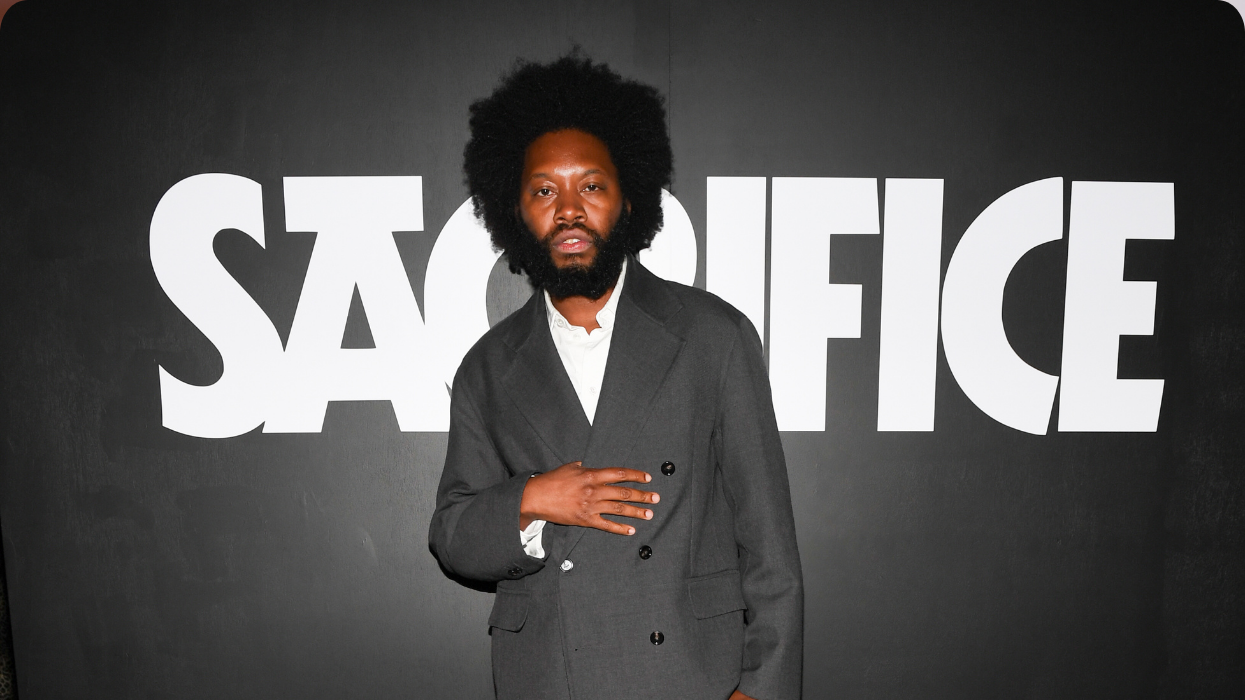
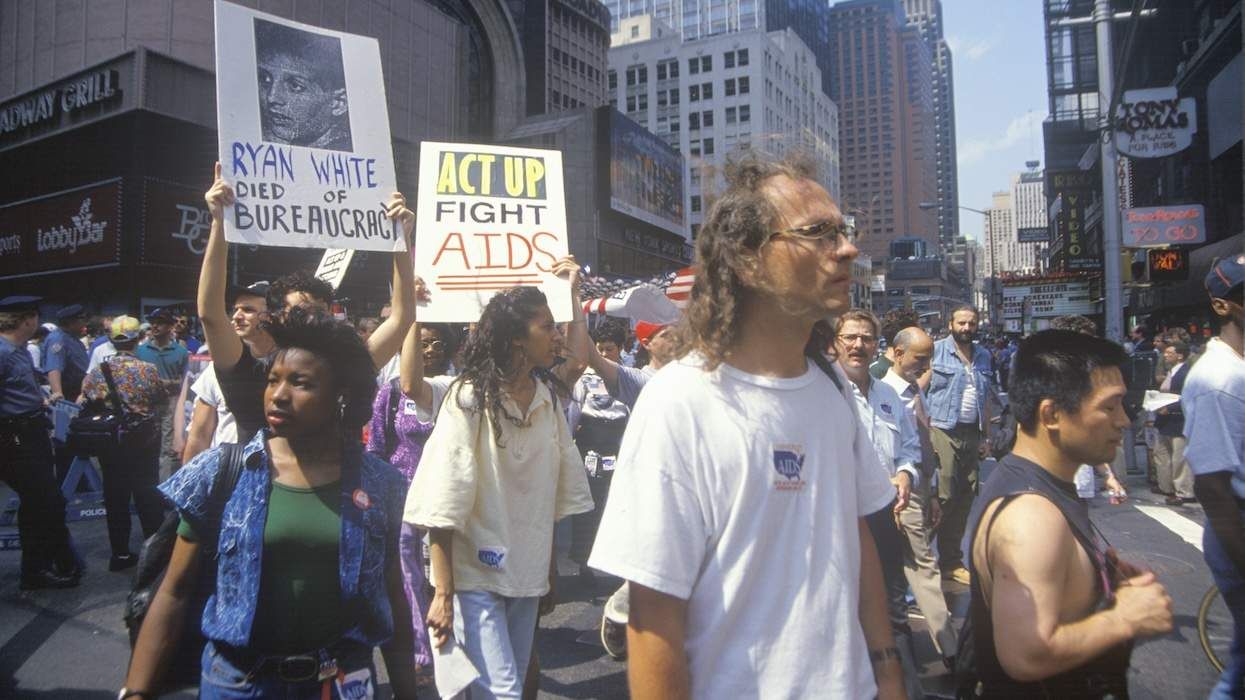
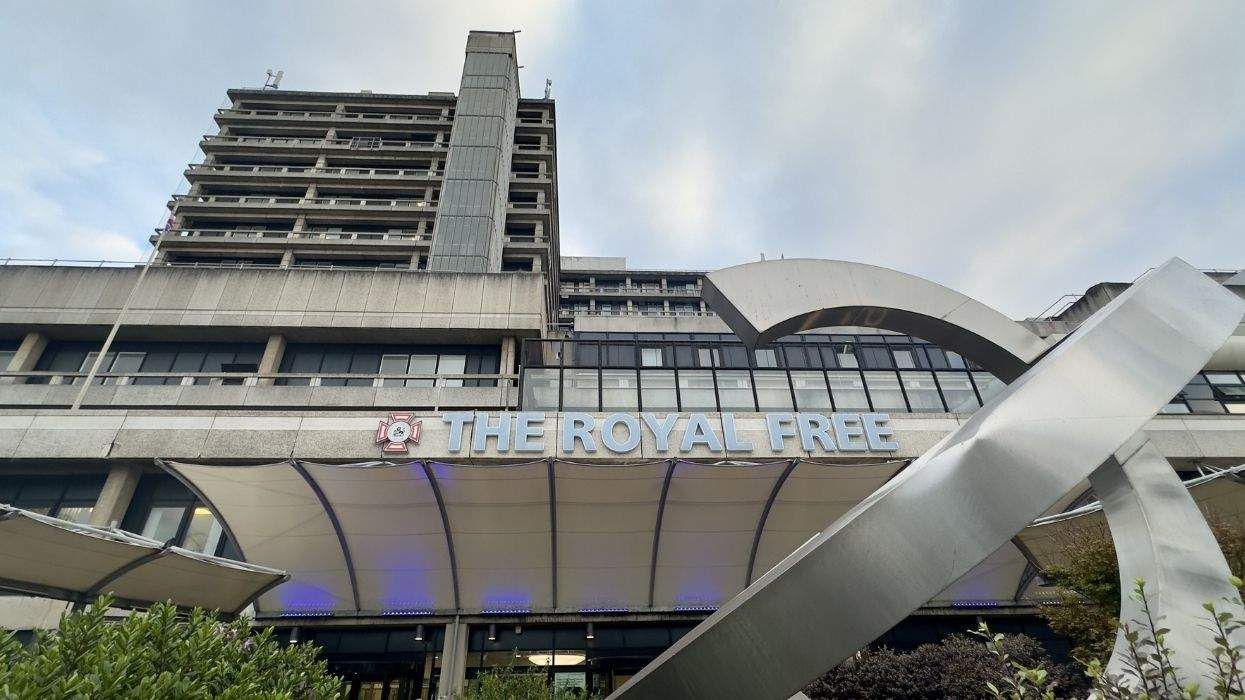










































Charlie Kirk DID say stoning gay people was the 'perfect law' — and these other heinous quotes